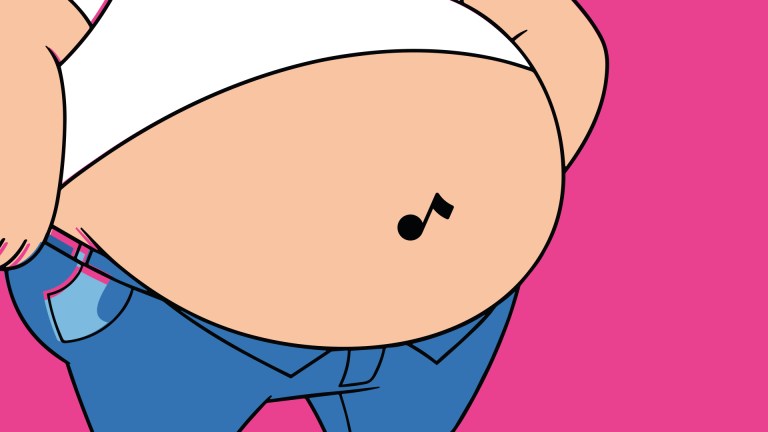To my left, the oboe sang the theme; it was taken up by the violins behind me. To the right, cellos danced atop the offbeat bassline. I couldn’t see the flutes, but I could clearly hear when it was their turn for the melody. It soared across the instrumentalists’ heads and around the cathedral.
As a reviewer, I’ve been privileged to have some excellent seats, stalls in some of the loveliest historic opera houses in Europe; that left-hand viewpoint in Wigmore Hall where you can perfectly see the pianist’s hands. And, as a fan, I’ve sat in different positions around the Barbican purely to hear how the acoustics change. I’m a regular purchaser of the bargainous (£8) – and vertiginous – balcony seats at the Royal Opera House. But all of these positions pale against Norwich Cathedral’s cold stone floor, where I sat as The Aurora Orchestra played the final two movements from Beethoven’s “Symphony No 3 (Eroica)”.
Get the latest news and insight into how the Big Issue magazine is made by signing up for the Inside Big Issue newsletter
When conductor Nicholas Collon invited audiences at Norfolk and Norwich Festival’s performance to sit among the ensemble, he wasn’t short of volunteers. The Aurora Orchestra has been playing in this immersive way for several years now – it’s made possible by learning symphonies off by heart. Not needing music stands allows the musicians the freedom to move around, as they did within Norwich Cathedral, encouraged to swap positions in between movements. The closing allegro molto – with its catchy motif, taught to us by Collon before the performance – gathered momentum around those brave enough to stand the spray from the French horn. “Sorry,” whispered the player, as she emptied what we will euphemistically refer to as moisture from her instrument. There was no apology necessary.
After the pandemic years – where musicians had to be two metres away from each other, and audiences even further – we couldn’t have been more delighted by the concert. The next day the congregation would be there for the usual Sunday services, though I’d already had my own near-religious experience. It’s the second time this year I’ve witnessed how Aurora’s physical approach to music can enhance the performance – as part of the ensemble’s collaboration with violinist Patricia Kopatchinskaja, musicians played on the stairs of the Queen Elizabeth Hall.
- How the Northern Ballet’s empty orchestra pit perfectly sums up UK’s arts crisis
- Here’s one they played earlier: Pre-recorded orchestras spell trouble for live performance
I’m excited to hear what the group will do at this year’s Proms, when instrumentalists are joined by the BBC Singers and the National Youth Choir for Beethoven’s “Ninth by Heart” (Prom 42; 21 August).









